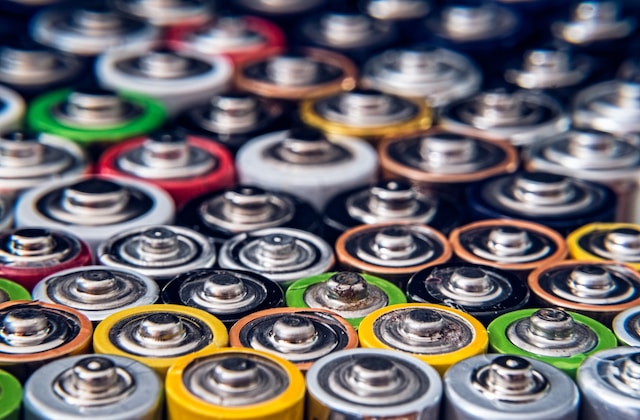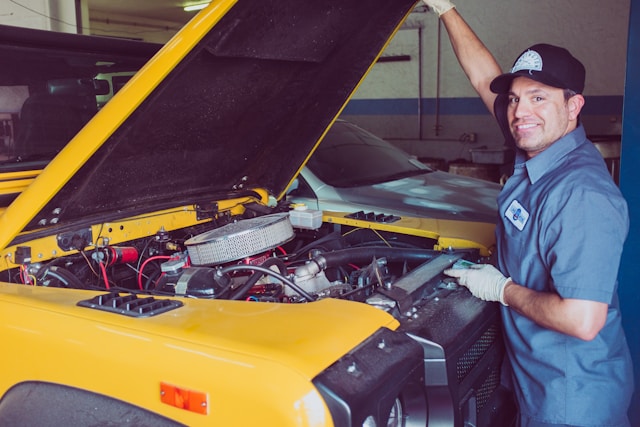Understanding Electronic Waste Recycling
E-waste recycling is a responsible way to dispose of obsolete or broken electronics. It also helps to protect our environment on multiple levels. It decreases the release of harmful substances like mercury and lead and conserves landfill space. These toxins can cause damage to property and health problems at home and in the environment. To avoid this, you should always recycle your e-waste properly.
Please don’t Dispose of It at Home
Besides causing property damage, burning electronics can also cause health problems for people. You can avoid this by properly recycling your old electronic waste. E-waste is a term that refers to any electronic equipment that is no longer working or needed by you. It includes air conditioners, televisions, electric cookers, computers, printers, batteries, wires, and remote-controlled toys. These abandoned products have toxic components like lead and mercury that can leak into the ground and water. Animals and humans can absorb these harmful chemicals, leading to diseases and other health issues. The best way to recycle these electronic scrap prices is by bringing them to a recycling center. Using this method, you can be sure they will be processed correctly. It will also prevent hazardous waste from entering the environment. In addition, it will help reduce your carbon footprint and save energy.
Don’t Throw It Away
Most electronic waste, also known as e-waste, should not be discarded. Unlike egg cartons, cellophane wrap from a box of tea bags or even the broken toy lightsaber you may have lying around, electronics contain more complex components that can include heavy metals like lead and mercury that are dangerous to humans and animals. These substances can contaminate the air, soil, and water, resulting in several health problems. Children with prolonged exposure to e-waste may experience decreased lung function and behavioral changes, while adults could face thyroid dysfunction. The easiest way to avoid e-waste is to recycle it. However, do your research first to ensure that the recycler you’re working with meets the highest standards of responsibility for data privacy and can clear any personal information from devices such as laptops and smartphones. Removing any batteries, which should be recycled separately, is also important.
Don’t Burn It
E-waste—or discarded electronic devices such as cell phones, computers, VCRs, printers, and televisions—are a growing problem worldwide. Rapid technology advancements, changing consumer preferences, and planned obsolescence have caused a huge surplus of electronic devices that are discarded as obsolete or broken. These devices are often thrown in the trash but should be recycled to reclaim reusable materials. When burned, a device can release toxic gases such as beryllium and cadmium into the air. These poisonous chemicals then seep into groundwater and soil. The toxins also get into the food chain, poisoning organisms such as fish and birds. Burning e-waste is a major contributor to global pollution, but it’s not the only way this waste is created. Many countries send their e-waste to landfills and incinerators that are poorly regulated. Some e-waste is even dumped in the ocean, where it harms ecosystems and can kill organisms. Proper recycling prevents these toxins from contaminating the environment and hurting the world’s population.
Please don’t Dispose of It in Landfills
E-waste is any electronic device no longer working, wanted or needed. It’s anything with a plug or battery, including computer components, cell phones, printers, televisions and even toy devices.
Due to the shortened lifespan of electronics and society’s demand for the latest high-tech products, unwanted electronic waste is piling up quicker than ever before. When this e-waste is disposed of in landfills, it leaches chemicals into the soil and water, contaminating the air and poisoning living things. Specifically, this toxic mix of electronics contains harmful metals such as mercury and lead and polybrominated flame retardants, barium and lithium (found in plastic cases). It is not good for human health, as these toxins can cause congenital disabilities and irreparable damage to the brain, heart, liver and skeletal system. The best way to avoid these risks is to recycle your old electronics rather than throwing them away or burning them at home. A recycling company will properly process your unwanted electronic equipment and keep it out of the environment, helping to protect our land and water for generations to come.









